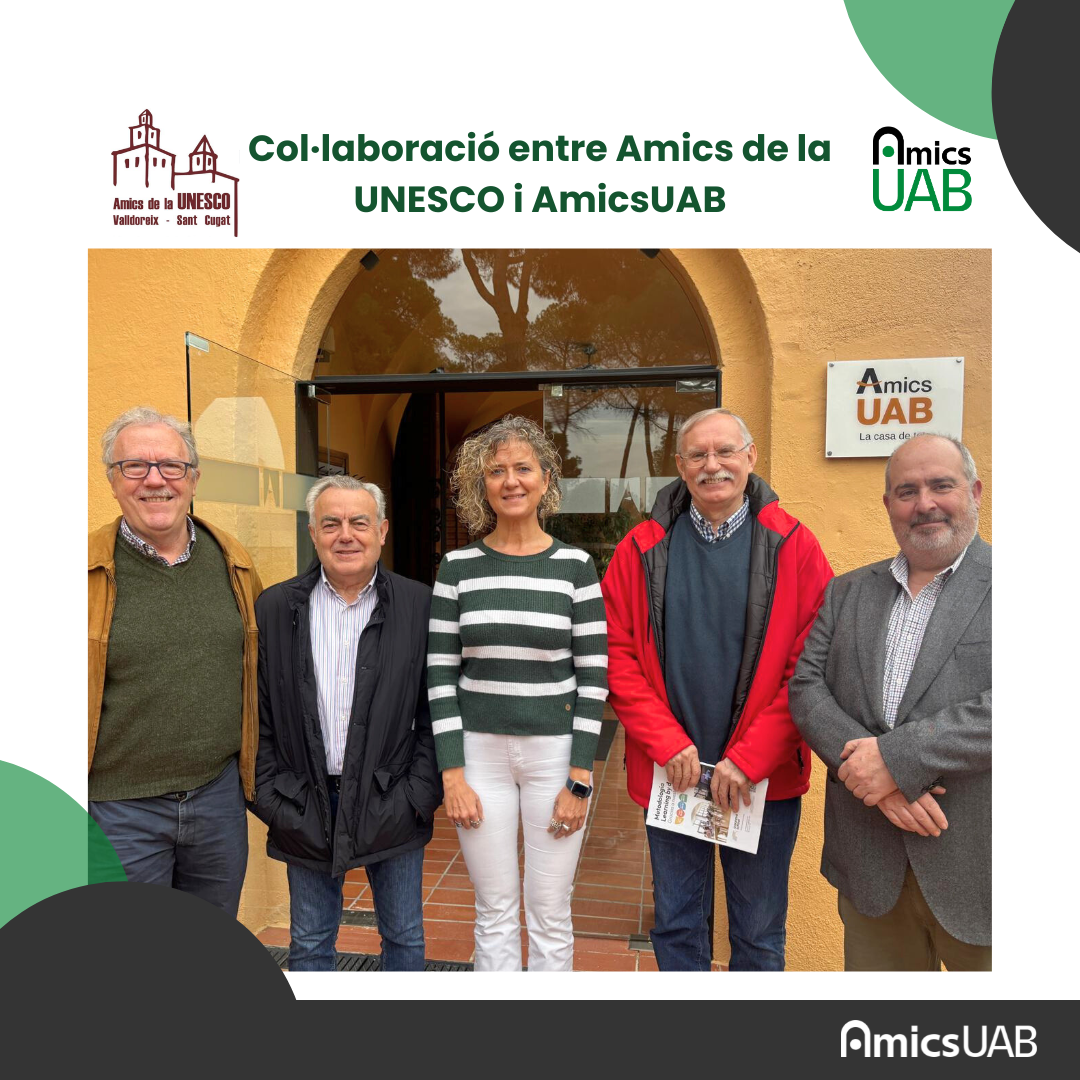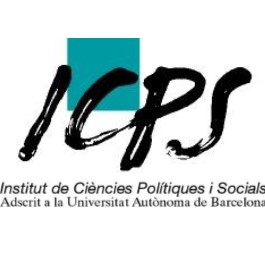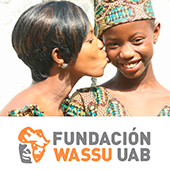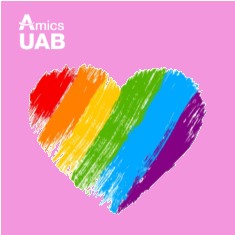|
|
Solivid was born a year ago, a research and dissemination project that aims to build a collaborative map and an online resource bank on solidarity initiatives in times of Covidien-19. Since its launch in April 2020, the network has already identified nearly 3,000 solidarity initiatives in 28 countries around the world.
The collected initiatives can be consulted on a digital platform where they appear distributed on a map, and identified according to their scope of action: economy and work, culture, care for the sick and production of medical supplies, consumption and food, support for older people, etc. The Institut de Govern i Polítiques Públiques (IGOP) of the UAB is one of the 34 research groups that are part of this collective project, which includes experts and researchers from a dozen countries in Europe and Latin America.
Since the Official Master's Degree in Social Policies and Community Action, there have been members of the faculty linked to the project from the beginning. Some students also participated in the project providing information on some initiatives located in their places of origin, especially for Spain and Latin America.
Challenges and purposes of Solivid, one year later
On March 12, the UAB groups linked to the project organized the online conference "Solivid: Collective action in the face of the health and social crisis" where the results obtained by the network throughout the year were presented.
There are several members of the teaching staff of the Master in Social Policies that took part. Oriol Nel, director of the Grup d’Estudis Energia, Territori i Societat, reviewed the history of Solivid, a project that is born and grows from "the enthusiasm and solidarity" of all its members. Ricard Gomà, director of the Institut d’Estudis Regionals i Metropolitans de Barcelona, made an introduction on some concepts and theoretical frameworks that have allowed us to glimpse in the pandemic a "context of opportunity" for urban community actions.
The director of IGOP, Ismael Blanco, explained the challenges and difficulties during the first year of the "self-managed network" Solivid, and new future opportunities for the project. He also presented an article published with Oriol Nel in March, where they narrate the challenges of the pandemic in terms of governance and defend that the boom in community action in cities is "a great opportunity that urban governments should take advantage of".
Some of the Solivid research groups exposed the diversity of types of solidarity initiatives and their impact on their territories. At the state level, some case studies were presented from Valencia, Madrid, País Vasco and Navarra; Regarding the international aspect, several representatives of European and Latin American universities spoke about some territories of Portugal, Italy, Brazil, Chile, Bolivia, Colombia or Argentina.
The session served to reinforce the intention of this international network to continue weaving knowledge around these solidarity initiatives, for example studying their temporal continuity according to the evolution of the pandemic, or to see whether or not they will become "embryos of wider transformations".
More information in the sala de premsa de la UAB
.png)
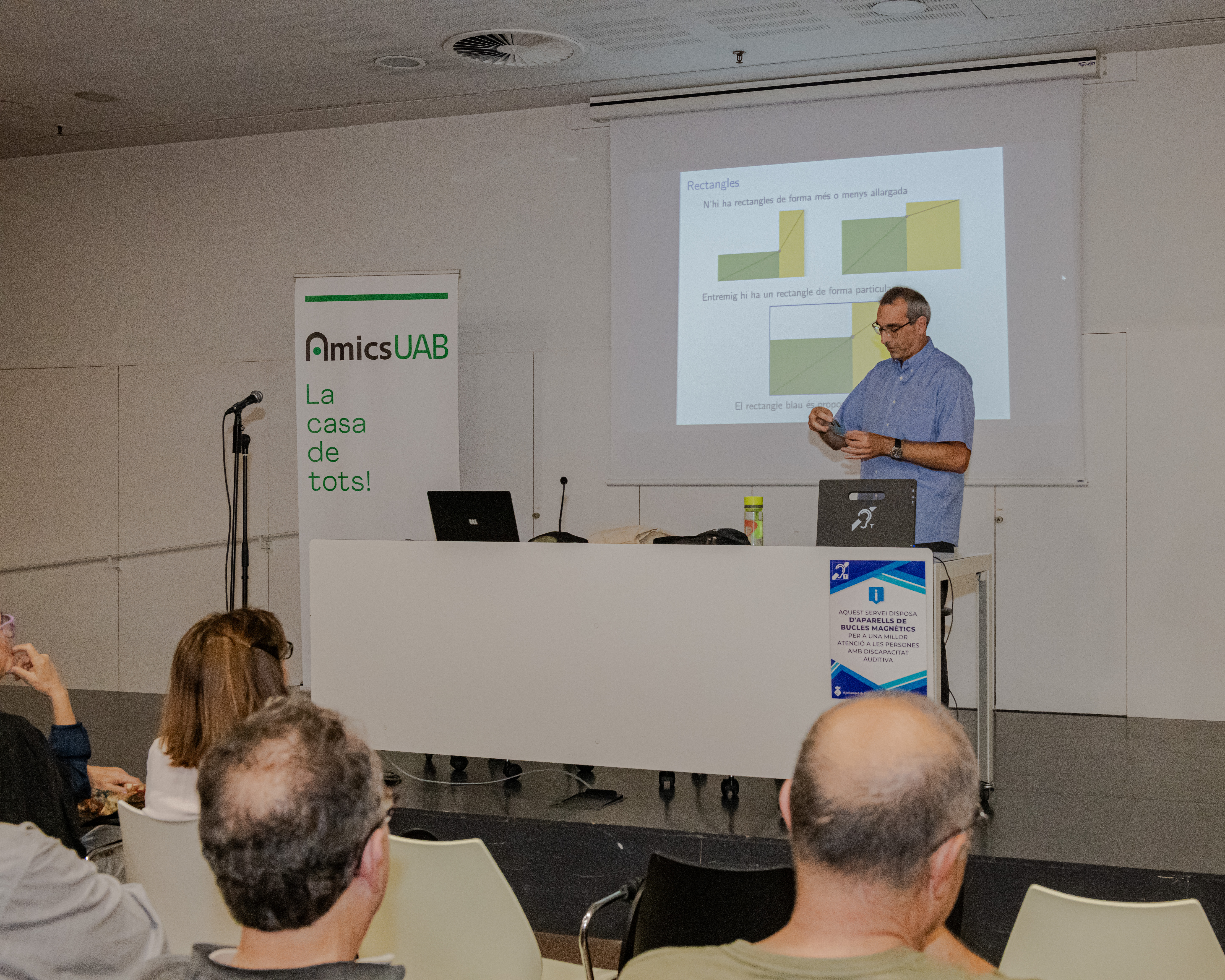
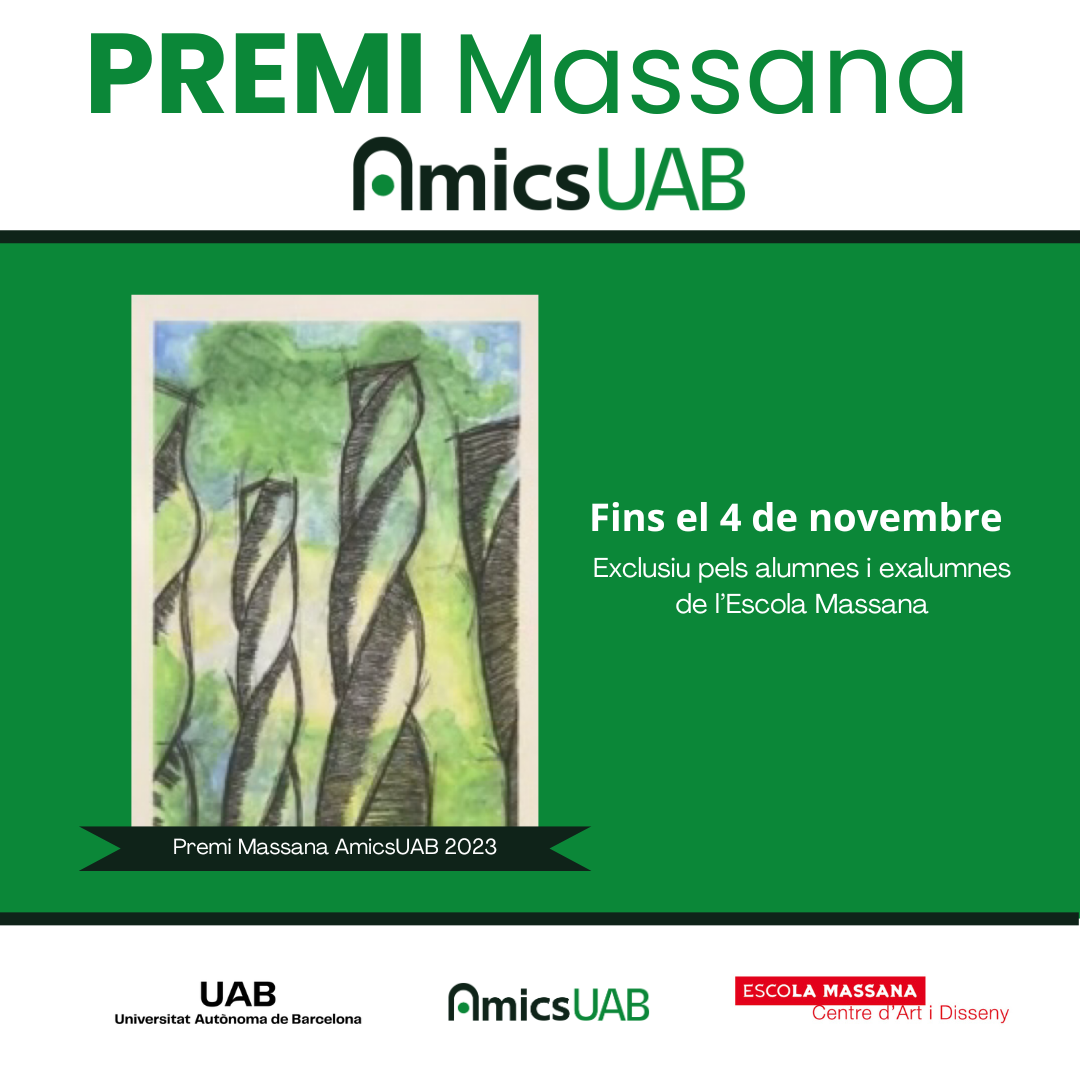
.jpeg)
